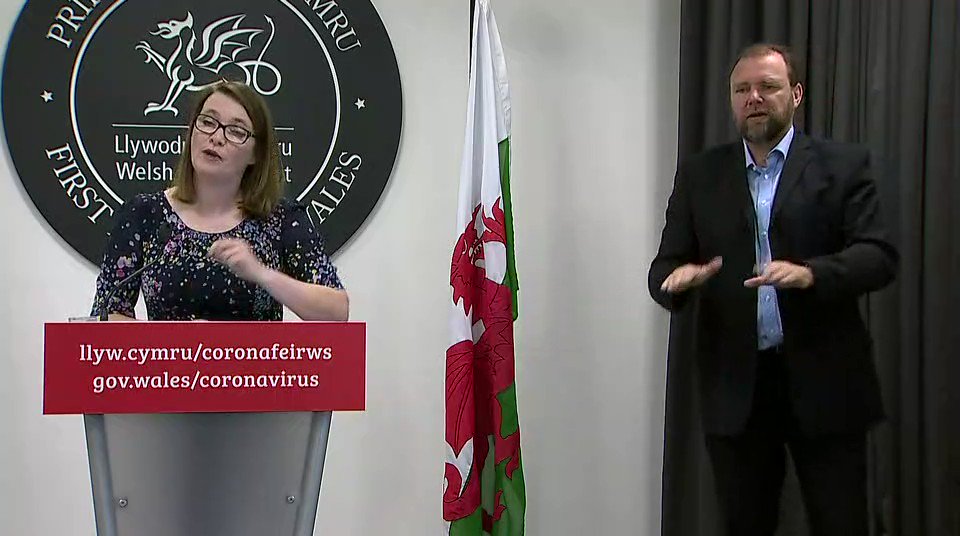Bletchleyite
Veteran Member
I personally think the risk at most sporting fixtures have been grossly exaggerated. The vast majority of people will enter through a door close to their seat proceed straight to there seat and remain there until they leave meaning they only come into close contact with a very small number of people (and in most cases an even smaller number of households). Yes there will have to be long term restrictions on events such as music festivals where everyone is constantly pushing and shoving each other to get to the front but there is probably more risk to most from a family wedding than a football match. The only potential issue with sporting events was in the early stage where people travelling may have allowed the virus to spread to different parts of the country (and indirect impacts on resource utilisation), but even then the impacts could be mitigated by allowing only locals to attend games (which for most clubs outside of the big 4 will have only a limited impact).
I've seen a similar thing TBH, at a sporting type event with allocated seating you actually come within 2m of relatively few people during a visit to such a thing, potentially fewer than 10. The main issues are caused in people congregating (in pubs/bar areas and in queues to enter) at and before/after such events.
Standing events like gigs are a bit different, people are packed in far closer and move around a lot more, the whole event could probably be considered to be like a bar in that regard.
Though I do see a possibility for the reopening of some (particularly larger) pubs/bars if they move to the European model, i.e. spread things out a bit and only offer table service with the venue considered to be full if each party can't have their own table. Most probably to avoid arguments advance reservation would be necessary.


